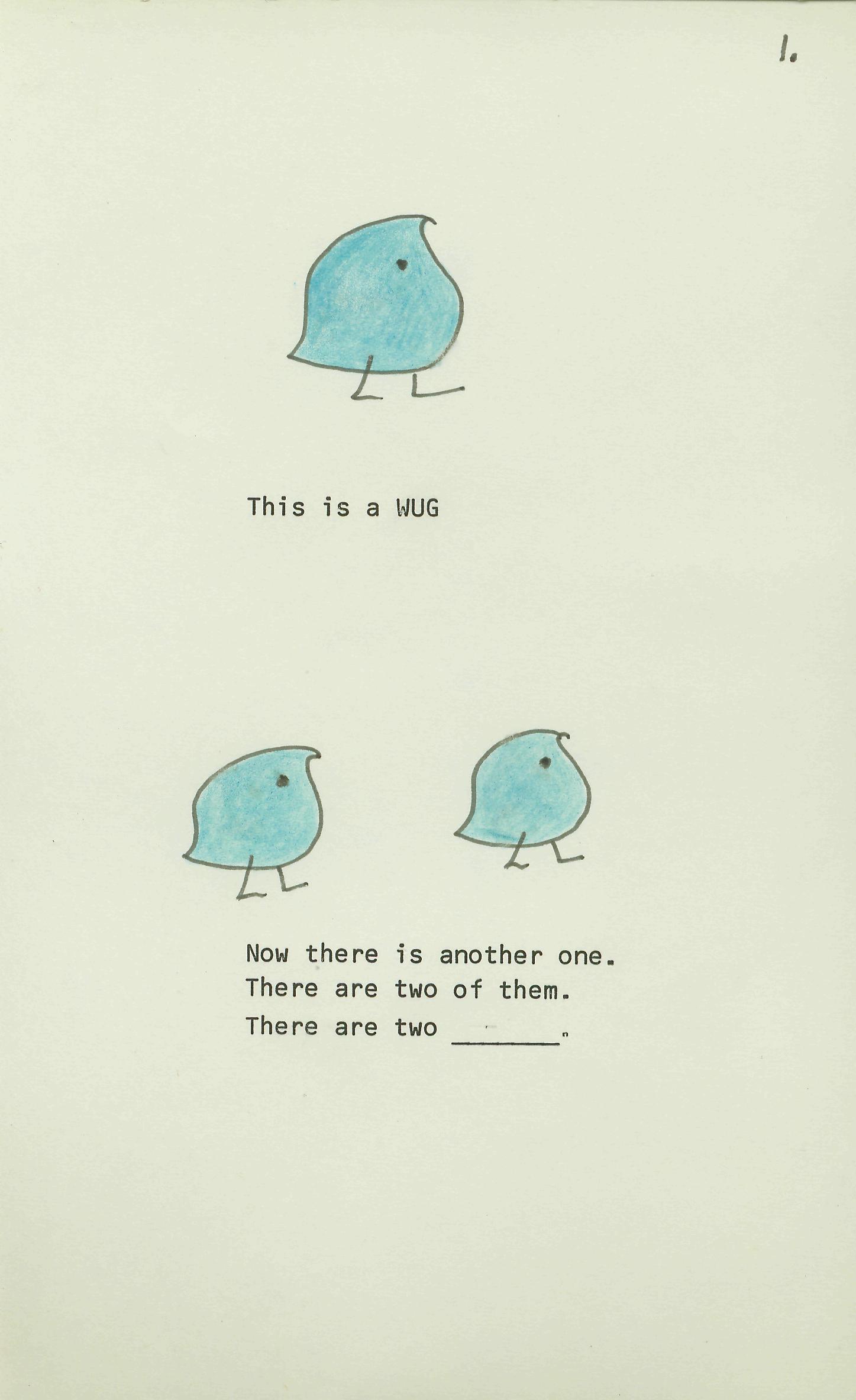I haven’t wrote a blog in a while, so I thought I would get back into writing regularly by starting with something small.
Currently, we have been studying talk with children, and how it is so important when we are teaching. I had never thought about talk in any great depth before, and even from the handful of inputs we have had already, I feel like I have learned so much!
Background
In the early stages, we know that children start to read and write. I always thought this started in Primary 1, and as teachers we were responsible for exposing them to books and to letters/words/etc. However, what I have found out is that this can start right from pre-birth. Children can hear what is going on around them in the womb, and they actually develop an accent AND a familiarity with those around them before they are even born. Children can hear Mummy, Daddy, brothers and sisters talking and from this the child hears these voices all the time. From birth, they are exposed to language constantly, and this can be in many different variations: signs, books, drains, art, videos and television are just to name a few (out of 35, 36 if you include art), and not only are they seeing this, they are engaging with it. Children are constantly learning, and they are discovering the beautiful world of language.
Which witch is which?
Language with early years is not learned through a workbook or being forced to read. Language is learned best through play. Children, if they are exposed to rich, supportive literacy play will be swimming in vocabulary and they will become immersed in language. One of the things I have learned from these lectures is that children are keen to learn, and that we shouldn’t discourage or dishearten them when they read a word wrong, we should praise them and support them for making the attempt in the first place. The English language, after all, is the hardest language on the planet. We have their, there and they’re, which and witch, dear and dear, and the list goes on. If that wasn’t complicated enough we also have words which are spelled the same, but depending on the sentence are read completely differently. For example, “I need to read this book” and “I have just read a book”. For children, it is understandable that this can make no sense, and when we knock them for attempting to read, we chip away at their confidence with language. There are plenty more complications with the English language, and the Wug Test is the perfect example.
The Wug Test is a perfect example. If we have one sheep, we call it a sheep, if we have two, we say we have two sheep. If we have one cow, we call it a cow, if we have two, we say we have two cows. If we have one fish, we call it a fish, if we have two, we say we have two fish (which, according to google can vary as well!)  The Wug test shows the complications in the English language, and how this can be many different answers; Wug, Wugs, Wuges, or Wugilions (I know it’s silly, but so is the English language). So when we tell children they have it wrong, it discourages them. Instead, praise the attempt and tell them that it should be that answer, but in this case it’s not. A supportive adult shares the child’s wonder and reassures the child that they are ‘nearly’ right so as to develop a positive risk taking attitude towards reading. All attempts need that support and positive feedback.
The Wug test shows the complications in the English language, and how this can be many different answers; Wug, Wugs, Wuges, or Wugilions (I know it’s silly, but so is the English language). So when we tell children they have it wrong, it discourages them. Instead, praise the attempt and tell them that it should be that answer, but in this case it’s not. A supportive adult shares the child’s wonder and reassures the child that they are ‘nearly’ right so as to develop a positive risk taking attitude towards reading. All attempts need that support and positive feedback.
Teaching and me
We know that children learn from play, they learn from any environmental prints, books, hearing stories, and being challenged. When I am on my next placement, I hope to make sure that the children I teach have a rich, stimulating and fun environment to learn in, and that the remain curious and engage in their learning.


